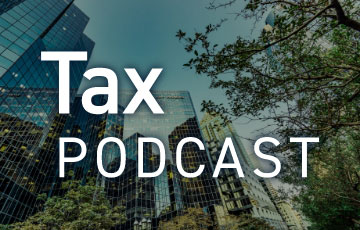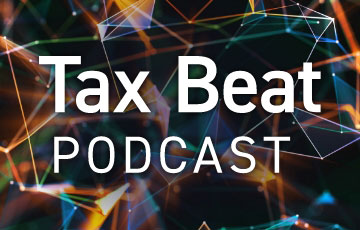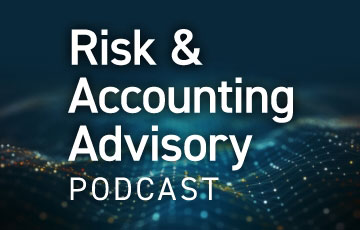Private aircraft ownership can be a great asset for companies, providing convenience, flexibility and efficiency for business travel. However, ownership also comes with significant costs, including purchase, maintenance, fuel and insurance. In addition to these expenses, companies that own private aircraft must also comply with various tax regulations, including properly reporting any personal use of the aircraft by company owners and executives, as the Internal Revenue Service (IRS) has recently been targeting this area for audits.
To further examine compliance with tax regulations, the IRS has initiated a pilot program to audit tax returns associated with up to 48 corporate-owned jets. The results of these initial examinations will help the IRS determine where to focus further attention. Despite the potential tax implications, owning and operating a private aircraft can still be a valuable business tool if managed properly.
Brooks Nelson, Partner and Strategic Tax Leader, and Sarah McGregor, Tax Director, talk with Mike Grim, State & Local Tax Director, about how companies can navigate the intricate IRS tax regulations associated with owning a private aircraft to maintain compliance and maximize tax savings.
Listen to learn more about:
- 02:41 – Federal private aircraft regulation background
- 06:36 – Key IRS tax issues
- 09:24 – Tax reporting key areas
- 11:14 – Disallowance of expense deductions
- 14:22 – IRS pilot audits
- 17:37 – Questions to consider before purchasing a private aircraft
Recent Tax Beat Episodes
- Inbound U.S. Tax Services
- Accounting Standards Update 2023-09: New Income Tax Disclosure Rules
- IRS ERC Voluntary Disclosures Program
- New Markets Tax Credits and Innovate Fund Award
- TCJA: Estate & Trust Planning Update
View All Tax Beat Podcasts






